Lucky is my first six-year-old furry sibling. He is everything I ever wanted in a younger brother. He’s my Master Oogway. We would do anything for each other except for sharing our food. He has the energy of a thousand happy dogs and we love him the most at our home. Thus, these are some of the common myths that Lucky and I would like to address to help all of our furry and non-furry friends. So tagalong!
- Fur care
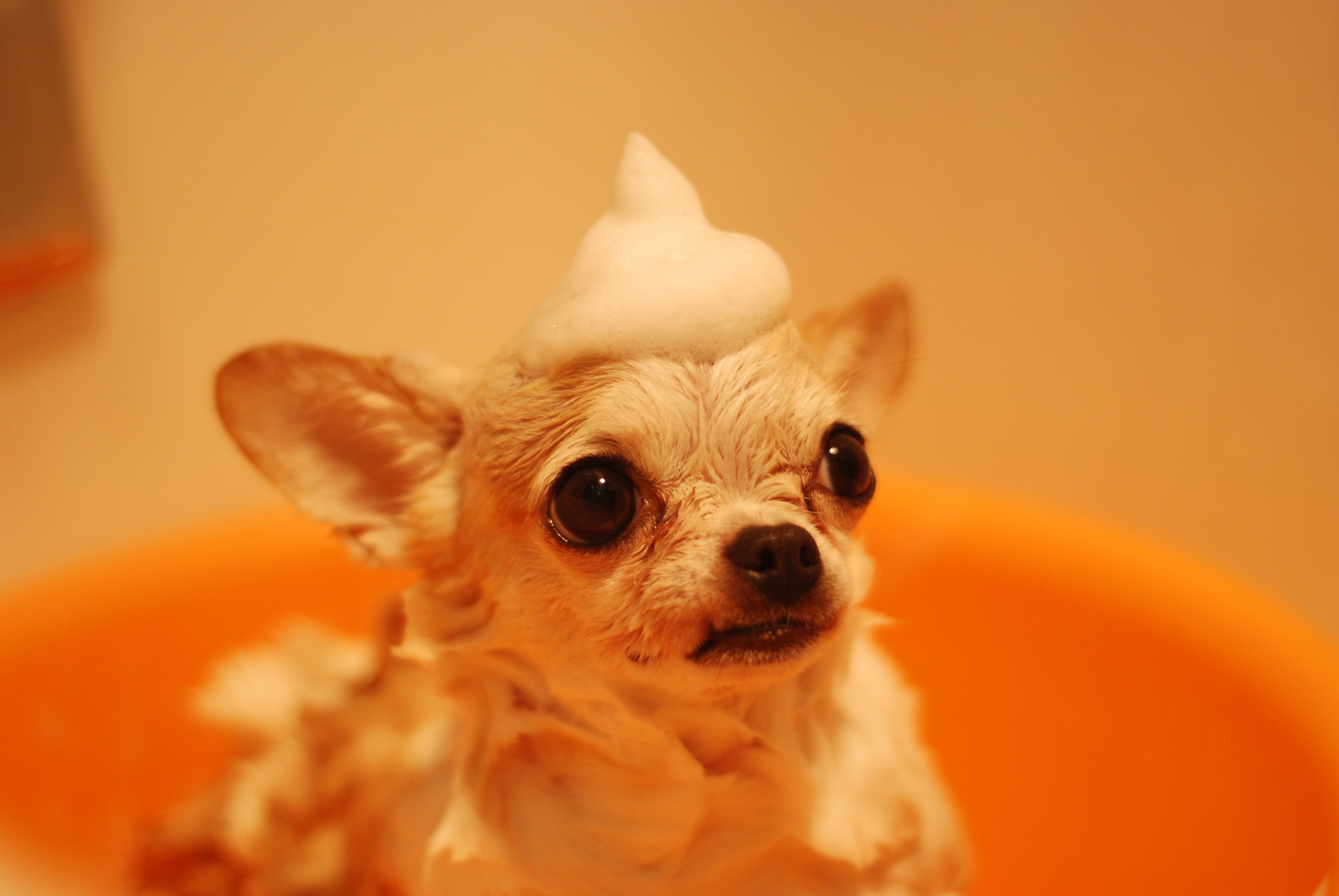 Dogs don’t need regular baths: A lot of dog parents assume that seasonal bathing of dogs suffices. This is incorrect since the frequency of bathing your pooch depends on their coat, breed and lifestyle. You must bathe your pooch at least once or twice every month. Dogs with skin conditions, flea treatment or allergies need weekly baths. It’s also essential to rinse your pooch effectively and bathe them in warm water.
Dogs don’t need regular baths: A lot of dog parents assume that seasonal bathing of dogs suffices. This is incorrect since the frequency of bathing your pooch depends on their coat, breed and lifestyle. You must bathe your pooch at least once or twice every month. Dogs with skin conditions, flea treatment or allergies need weekly baths. It’s also essential to rinse your pooch effectively and bathe them in warm water.
- If you don’t see ‘em, they’re gone: There is a common misconception that once you don’t spot any fleas/ticks/lice/mites on your pooch’s body, they’re no longer a problem. Despite the precautions we take to protect our dogs, these insidious ectoparasites exist at different life stages in our environment and these Darwin babies are resilient. They are a serious threat to our dogs as well as us. Thus, it’s best to consult your vet immediately in case of any infestation or to take precautionary measures.
Bonus: Here’s a guide to understand these Darwin babies better and take necessary actions in controlling their population.
- Low shedding dogs needn’t be brushed: Brushing your pooch isn’t limited to removal of loose fur. Low shedding dogs need to be brushed as well to maintain a healthy fur coat and hygiene. Major benefits of brushing your dogs include: removal of shedding hair, dirt, debris, mud, identification of any underlying skin problem, ectoparasites control.
2) Paws care
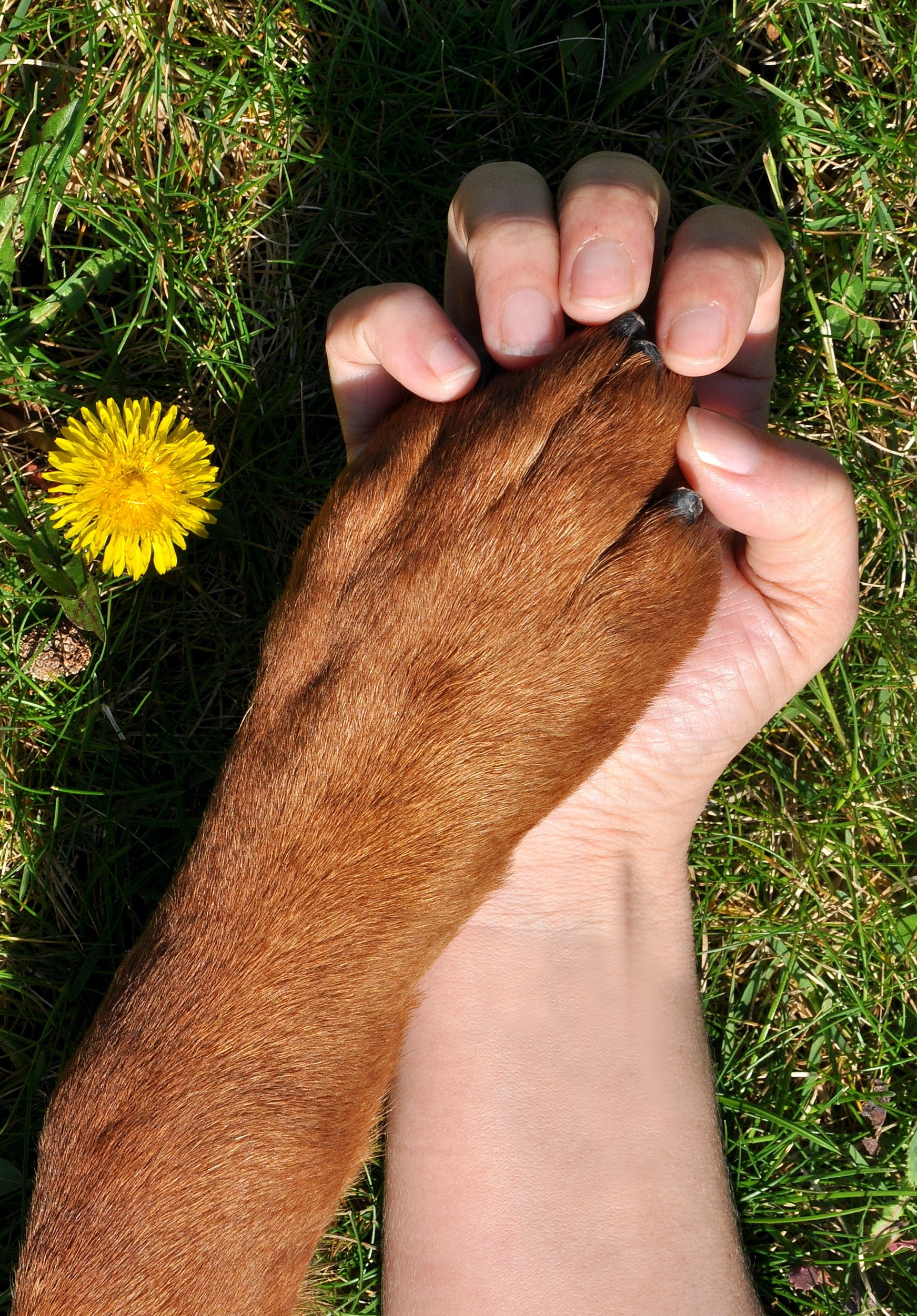
- Dog’s Paws Protect them from Harmful Chemicals on the Ground: Dogs might’ve thick padding on their paws compared to other parts of their body and are resilient however, harsh chemicals can seep through or scald their paws. Please take necessary precautions while taking your pooch out on a walk and before letting them out to play. These chemicals can have adverse effects on your pooch’s paws and their health.
- Dogs lick their paws excessively to clean hidden dirt or mud: Our dogs tend to lick their paws excessively when there’s a skin problem, parasite, allergies, aches or pains or due to boredom. Excessive licking isn’t normal. Be prudent and inform your vet in case you find any abnormalities.
-
3) Oral health
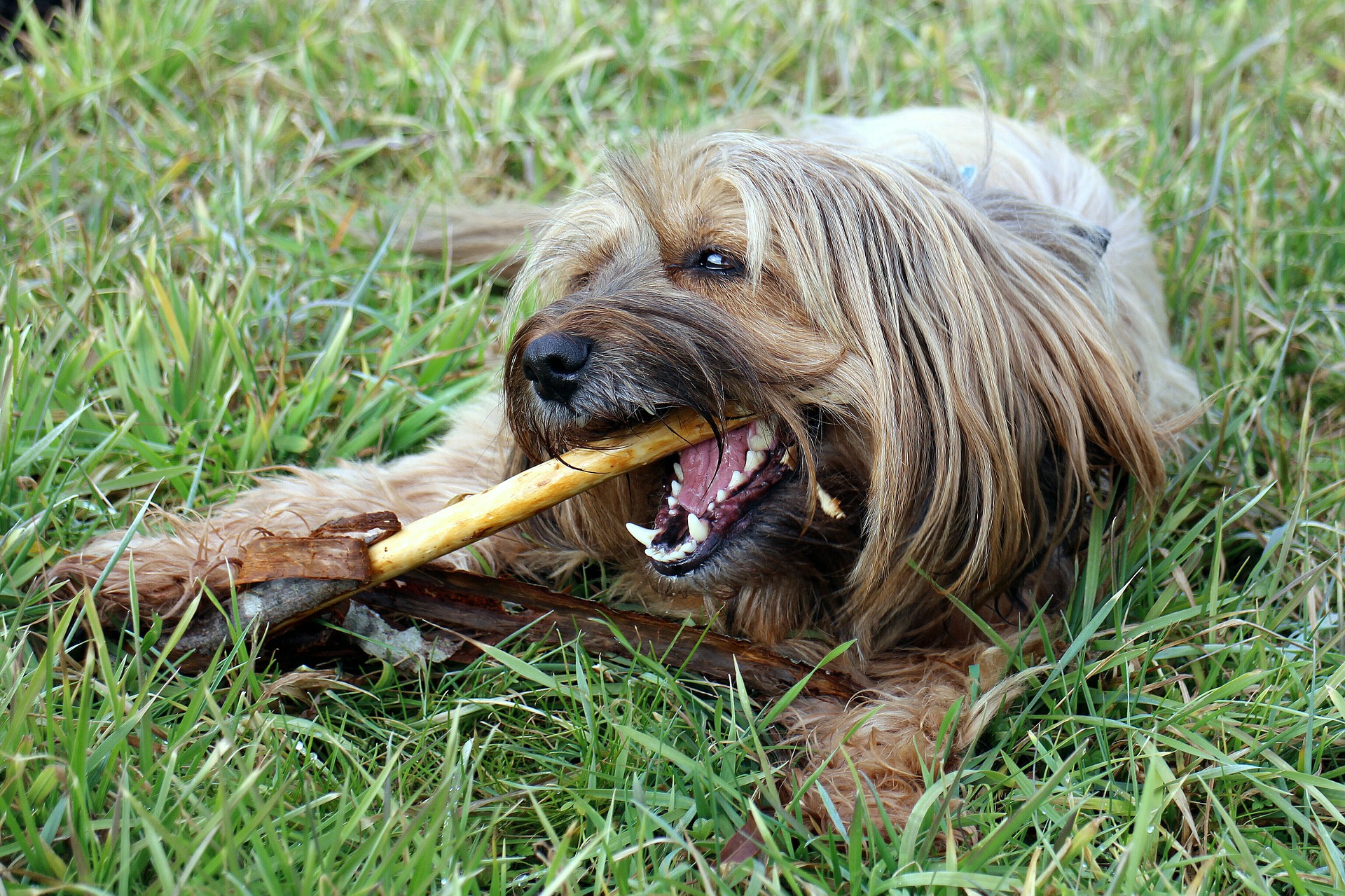
- Dog’s mouth is cleaner than a human’s mouth: This is like comparing apples to oranges. A dog’s mouth carries microbes that can infect humans as well. It’s true that not all microbes are zoonotic, however, microbes like salmonella or capnocytophaga or other deadly bacterias can endanger human life. Oral hygiene in dogs is often overlooked due to this misleading myth.
-
- Bad breaths are normal: Natural oral odour is not concerning however halitosis needs to be treated correctly. Bad breaths are often a sign of dental infection. This could be either due to dental plaque or tartar. Suppose the bad breath problem is accompanied by blood/pus, please take them to the vet immediately.
4) Mental health
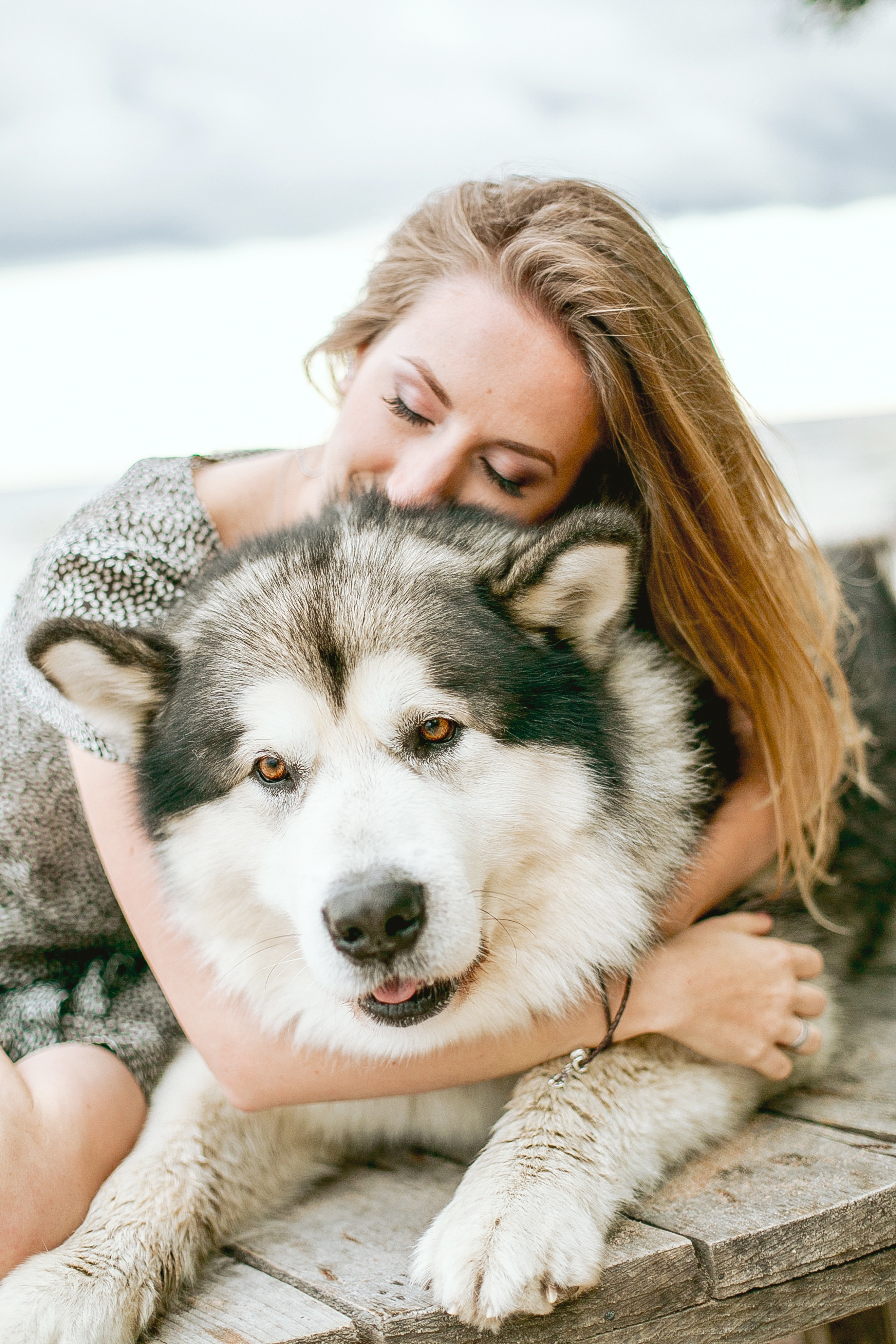 All dogs need is a soft bed and food in a bowl: Dogs are empathetic, sentient and social animals. Apart from basic necessities, dogs require love and support from their families. It’s essential for their overall well-being and welcoming them into our lives. Dogs get depressed or anxious too. We could show our love by talking to them in a calm tone, hugging them (on their terms), petting them, playing with them and going out on long walks together. In the words of Franklin P. Jones, “Scratch a dog and you’ll find a permanent job”, yup, they love it when you give them a good ol’ scratch behind the ears or near the tail or the belly.
All dogs need is a soft bed and food in a bowl: Dogs are empathetic, sentient and social animals. Apart from basic necessities, dogs require love and support from their families. It’s essential for their overall well-being and welcoming them into our lives. Dogs get depressed or anxious too. We could show our love by talking to them in a calm tone, hugging them (on their terms), petting them, playing with them and going out on long walks together. In the words of Franklin P. Jones, “Scratch a dog and you’ll find a permanent job”, yup, they love it when you give them a good ol’ scratch behind the ears or near the tail or the belly.
- Dogs live in the present: Dogs might not have a fully developed sense of time like humans do but they are influenced by the past and modify their behaviours accordingly. They are capable of anticipating the future. This can be clearly observed in rescue dogs who need a lot of patience and training to help them adapt to their new homes and overcome their fears.
5) Spaying and neutering
- Neutering will fix all my dog’s behavioural problems: Neutering your pooch might reduce some undesirable behaviours however, it doesn’t guarantee any behavioural changes. Neutering your boy might reduce the testosterone in their bodies but it doesn’t completely eliminate it. Neither does neutering result in a masculine behaviour since there is no concrete evidence supporting that animals have a sexuality/ego. Behavioural problems need to be addressed separately and you can seek the help of an animal psychologist or trainer to re-educate your dog.
(To get insight on how to spay/neuter dogs in your colony please refer to the STRAW (https://www.strawindia.org/blogs/1021/a-stepbystep-guide-to-carry-out-sterilization-of-dogs-in-your-colony.aspx) Blog and feel free to contact us for any clarifications.)
CONCLUSION
Lucky and I addressed the top myths that most dog parents continue to believe in. It’s essential that we test what we hear before blindly following them. Always conduct your research from a credible source and consult your vet before following any dog care practices. Now, Lucky and I must bid our adieus to carry on with our usual shenanigans. Take care!
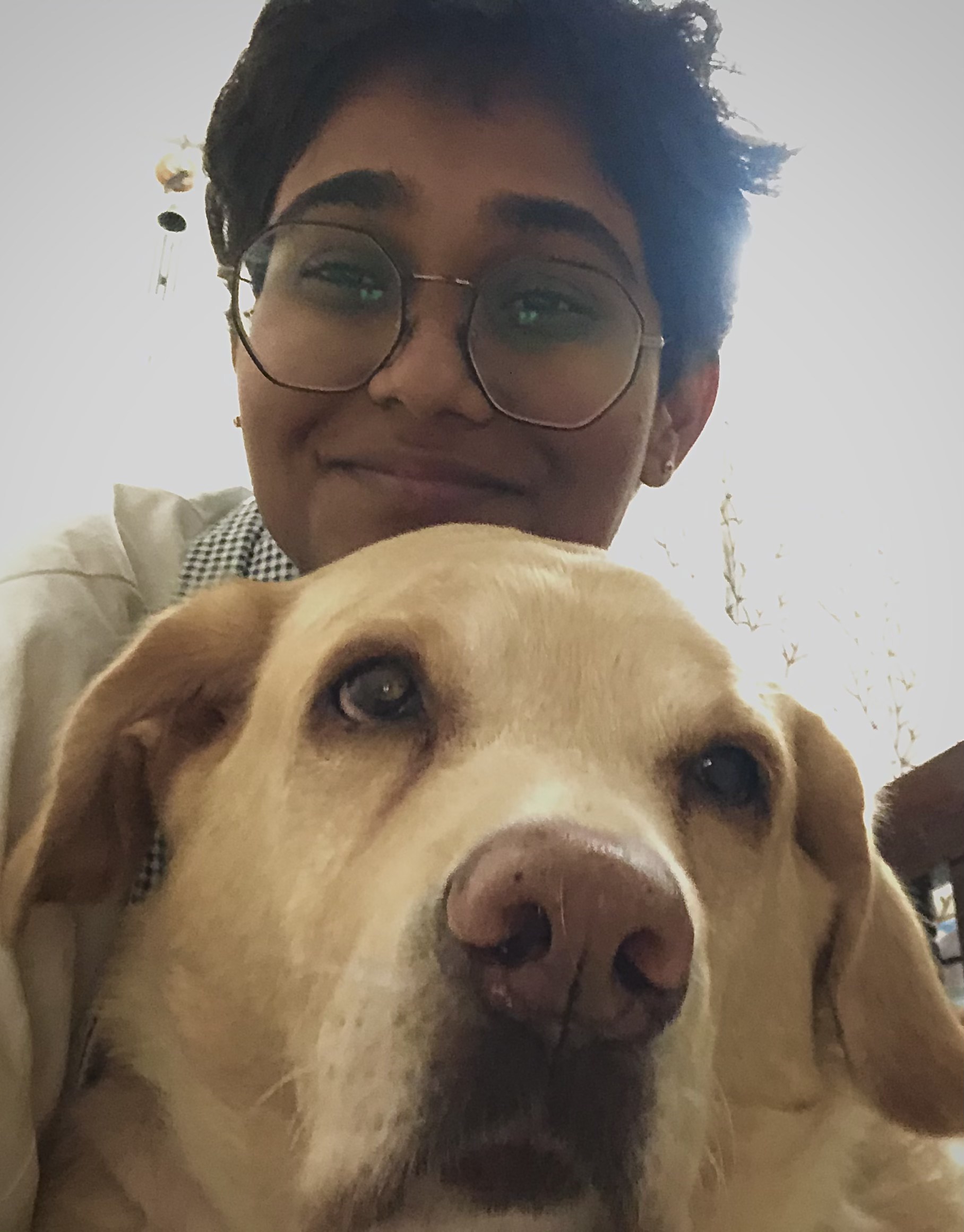
Author: Bindushree L
Bindushree. L is an undergrad student who loves animals and nature. She is compassionate, loving, and enthusiastic about nature and all its sentient beings. She has always shared an endearing bond with animals and cherishes them. She advocates for sustainability, conscious consumerism, animal rights and protection. She hopes to swim with the manta rays someday!
P.S. The furry friend in her picture is Lucky. He loves belly rubs and chicken treats :)